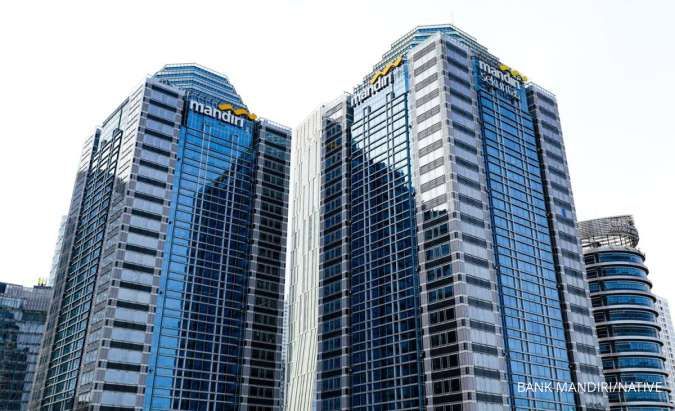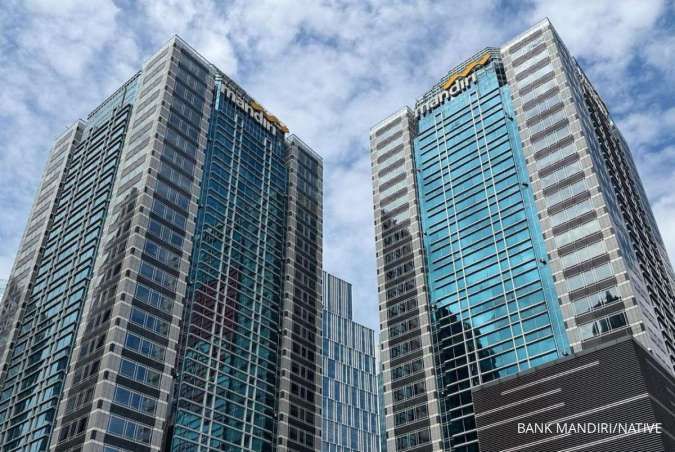JAKARTA. Business leaders will discuss new models to cope with global, regional, national and industrial challenges at the World Economic Forum (WEF) in Davos-Klosters, Switzerland, from Jan. 25 to 29. Tourism and Creative Economy Minister Mari Elka Pangestu, who will lead the Indonesian delegation along with Trade Minister Gita Wirjawan, said that as one of the world’s fastest-growing economies, Indonesia would share its experience on how to maintain a stable economic performance amidst a widespread global slowdown. “One of the messages will be how we can cope with the crisis and continue growing. We’ve transformed ourselves as one of the emerging economies that will expand further in a sustainable manner,” she told reporters during a press briefing on the event at her office over the weekend.Mari added during the forum that Indonesia would also update its progress on its own democratization process and ongoing improvement in terms of accountability and transparency. Boosted by Indonesia’s recently upgraded sovereign rating to investment grade, it would also promote its wide-ranging economic potential, especially in terms of investment opportunities for international investors.Last week, Moody’s Investor Service raised Indonesia’s rating to investment grade, a month after the country regained its investment grade from Fitch International, which it lost 14 years ago during the 1998 Asian financial crisis.During this year’s forum, the Indonesian delegation will comprise government officials as well as high-profile business executives from state-owned enterprises, such as national flag carrier Garuda, Bank Mandiri, Bank BNI, oil and gas firm Pertamina, as well as private firms, including Astra International, Sinar Mas Group, Lippo Group, Indika Energi, Indorama and the Bakrie Group.A number of prominent world figures, including former US president Bill Clinton, former British prime minister Tony Blair and Thailand prime minister Yingluck Shinawatra are scheduled to take part in the forum held under the theme “The Great Transformation: Shaping New Models”, which is set to address accelerated changes expected to facilitate globalization and technological development. Sinar Mas managing director Gandi Sulistiyanto said that his firm would address the challenges of sustainable palm oil production in Indonesia, in which productivity and environmental preservation were among the central issues. “We will share practices of environmental management in Indonesia. As we are not allowed to extend oil palm plantations due to a moratorium, our main challenge is to increase productivity from around 2 or 3 tons per hectare to about 4 or 5 tons per hectare,” he said.During the WEF on East Asia in Jakarta last June, WEF member firms initiated a new investment partnership in food production named Partnership for Indonesia’s Sustainable Agriculture (PISA). Fourteen local and global firms, including Sinar Mas Group, Indofood, Astra Agro Lestari, Nestlé, Unilever, Cargill, Kraft and Swiss Re, joined in the partnership focusing on seven key commodities — rice, corn, soy bean, potato, dairy products, palm oil and cacao. (Linda Yulisman/ The Jakarta Post)
RI to share lessons on resilience at Davos meeting
JAKARTA. Business leaders will discuss new models to cope with global, regional, national and industrial challenges at the World Economic Forum (WEF) in Davos-Klosters, Switzerland, from Jan. 25 to 29. Tourism and Creative Economy Minister Mari Elka Pangestu, who will lead the Indonesian delegation along with Trade Minister Gita Wirjawan, said that as one of the world’s fastest-growing economies, Indonesia would share its experience on how to maintain a stable economic performance amidst a widespread global slowdown. “One of the messages will be how we can cope with the crisis and continue growing. We’ve transformed ourselves as one of the emerging economies that will expand further in a sustainable manner,” she told reporters during a press briefing on the event at her office over the weekend.Mari added during the forum that Indonesia would also update its progress on its own democratization process and ongoing improvement in terms of accountability and transparency. Boosted by Indonesia’s recently upgraded sovereign rating to investment grade, it would also promote its wide-ranging economic potential, especially in terms of investment opportunities for international investors.Last week, Moody’s Investor Service raised Indonesia’s rating to investment grade, a month after the country regained its investment grade from Fitch International, which it lost 14 years ago during the 1998 Asian financial crisis.During this year’s forum, the Indonesian delegation will comprise government officials as well as high-profile business executives from state-owned enterprises, such as national flag carrier Garuda, Bank Mandiri, Bank BNI, oil and gas firm Pertamina, as well as private firms, including Astra International, Sinar Mas Group, Lippo Group, Indika Energi, Indorama and the Bakrie Group.A number of prominent world figures, including former US president Bill Clinton, former British prime minister Tony Blair and Thailand prime minister Yingluck Shinawatra are scheduled to take part in the forum held under the theme “The Great Transformation: Shaping New Models”, which is set to address accelerated changes expected to facilitate globalization and technological development. Sinar Mas managing director Gandi Sulistiyanto said that his firm would address the challenges of sustainable palm oil production in Indonesia, in which productivity and environmental preservation were among the central issues. “We will share practices of environmental management in Indonesia. As we are not allowed to extend oil palm plantations due to a moratorium, our main challenge is to increase productivity from around 2 or 3 tons per hectare to about 4 or 5 tons per hectare,” he said.During the WEF on East Asia in Jakarta last June, WEF member firms initiated a new investment partnership in food production named Partnership for Indonesia’s Sustainable Agriculture (PISA). Fourteen local and global firms, including Sinar Mas Group, Indofood, Astra Agro Lestari, Nestlé, Unilever, Cargill, Kraft and Swiss Re, joined in the partnership focusing on seven key commodities — rice, corn, soy bean, potato, dairy products, palm oil and cacao. (Linda Yulisman/ The Jakarta Post)

